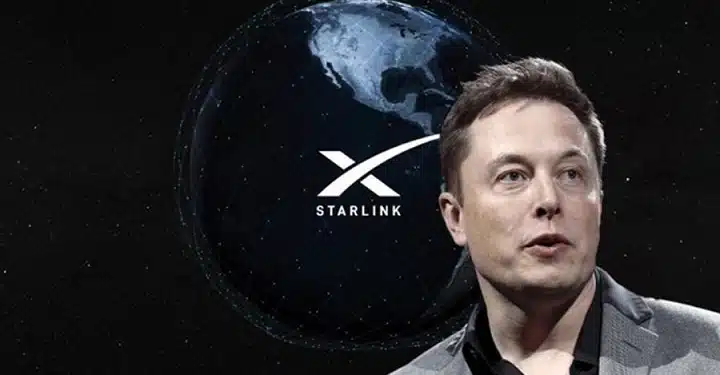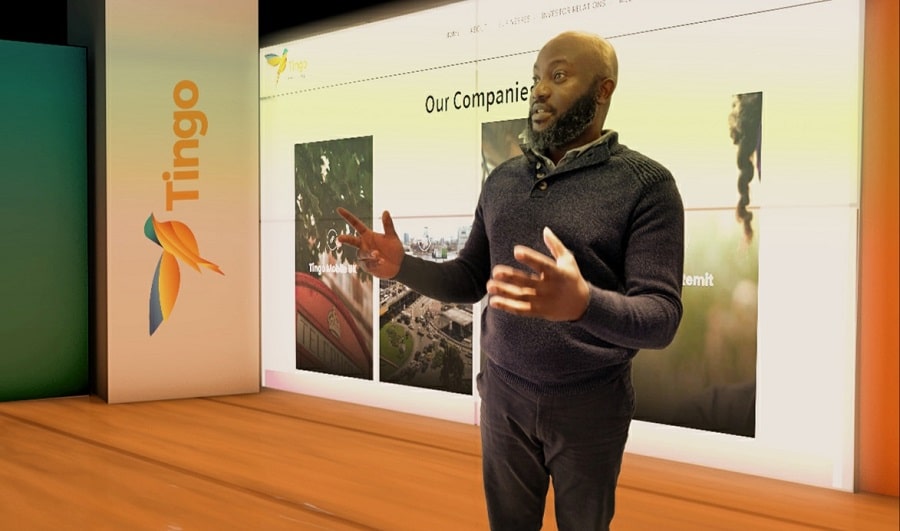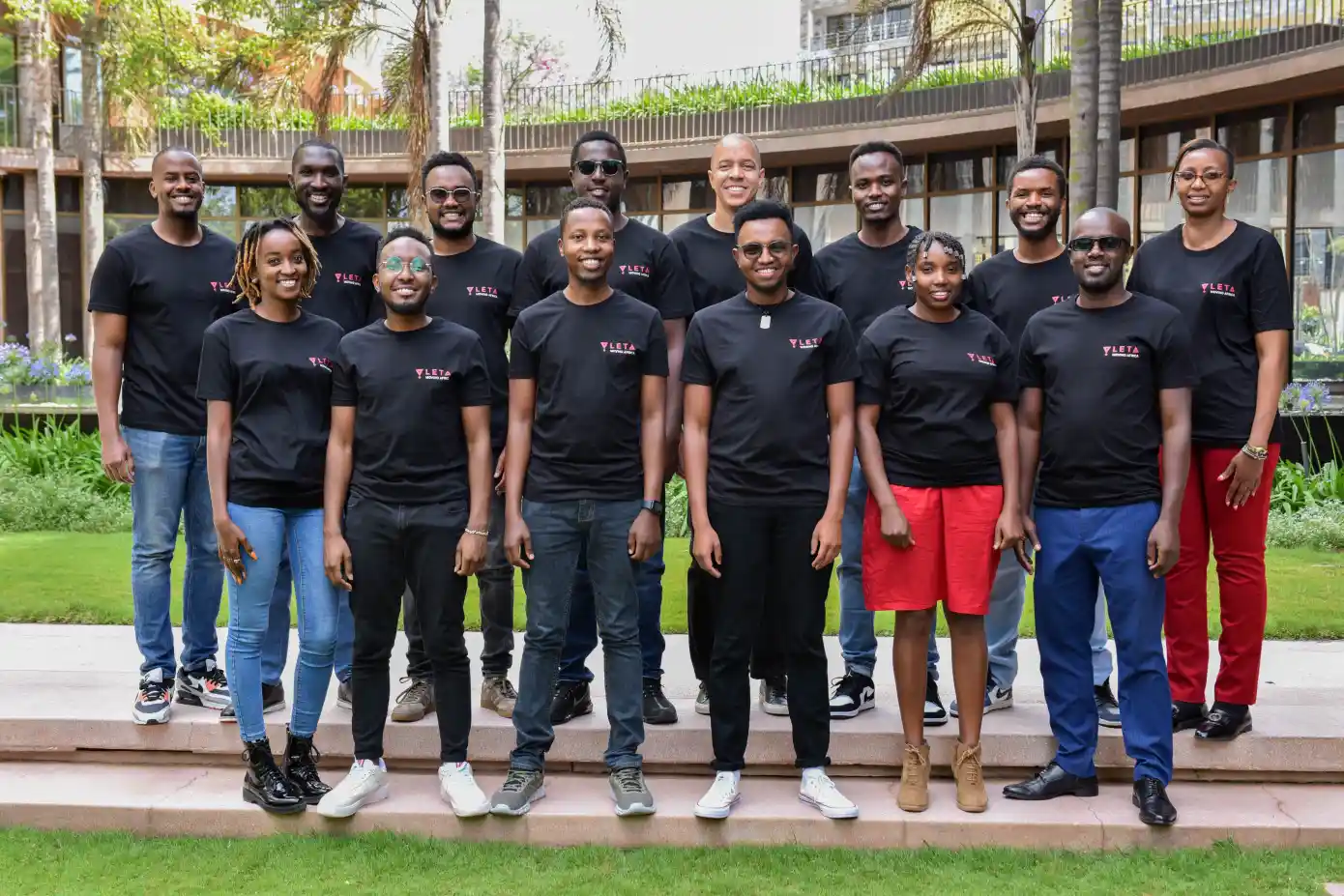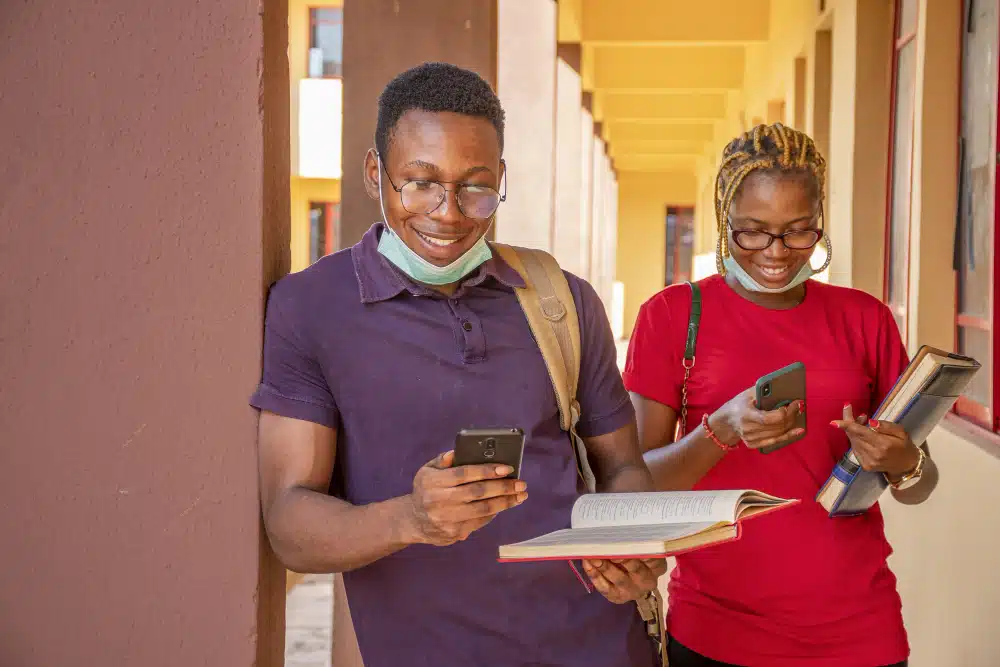Teanastëllën,
Victoria from Techpoint here,
Here’s what I’ve got for you today:
- SpaceX and South Africa face off over satellite licensing rules
- NEV Electric revolutionises Africa’s EV market
- Tingo founder launches AI-powered agritech amid legal troubles
SpaceX and South Africa face off over satellite licensing rules

Talks over licensing SpaceX’s Starlink service in South Africa have hit a roadblock, and it’s not just about business; it’s politics too. A recent Bloomberg report says negotiations are on hold because of tensions between South Africa and the US, particularly with the Donald Trump administration. Apparently, both sides are waiting for things to settle before revisiting the deal.
SpaceX, owned by Elon Musk, has been trying to get a licence to operate in South Africa for a while. But there’s a catch: local laws require foreign companies to have 30% ownership by historically disadvantaged groups. Instead of giving up a stake, SpaceX suggested an “equity equivalents” approach, where they’d invest in initiatives that align with South Africa’s Black economic empowerment goals.
Communications minister Solly Malatsi actually pushed for these regulations to be updated, not just for Starlink, but to encourage more foreign investment in the sector. But the process has been rocky. SpaceX was supposed to speak at public hearings this month about new satellite licensing rules, but they pulled out at the last minute.
Then things got even messier. Musk took to his platform, X, and called South Africa’s ownership laws “openly racist.” That didn’t sit well with the government. President Cyril Ramaphosa’s spokesperson, Vincent Magwenya, made it clear: South Africa won’t bend over backwards for Starlink if Musk continues with what he called “unprogressive, racist views” and “peddling lies.”
In its submission to Icasa, South Africa’s telecoms regulator, SpaceX argued that the 30% local ownership rule keeps out many global satellite operators. They claim even companies willing to comply with empowerment rules are being blocked from entering the market. Instead, they want South Africa to allow equity equivalent investments — something already recognised in other industries.
For now, though, it looks like a standoff. While Starlink could bring massive benefits like better Internet access in remote areas, the bigger question is whether South Africa will change its rules or if Musk’s latest comments have shut that door for good. I guess time will tell.
NEV Electric revolutionises Africa’s EV market

Electric vehicles in Africa are no longer just a pipe dream; they’re happening now, and NEV Electric is leading the charge. In just 14 months, they’ve pulled in $18 million in revenue and are on track to hit a massive $50 million in the next 15 months.
But that’s not all. NEV Electric is now Africa’s largest producer of mass transit EV buses, rolling out 100 buses, which beats Kenya’s BasiGo, which has only 52. So yeah, Africa’s EV market might just be taking off.
NEV Electric is part of a bigger picture too. While they handle manufacturing, their parent company, Possible EVs, focuses on experience centres and after-sales services. Even with their solid revenue, NEV Electric isn’t about to cash out yet, they’re reinvesting heavily into infrastructure because without it, the EV movement in Africa won’t last.
One big focus is charging stations. Their subsidiary, Charging as a Service (CAAS), is locally assembling these stations to ease range anxiety, which is one of the main reasons many Nigerians are hesitant to make the switch to EVs. But building out an EV ecosystem is pricey, and reinvesting revenue alone isn’t enough.
They’ve also secured debt and equity funding from investors. For EV adoption to really take off, car financing needs to improve too. Some companies, like Max, are already on it with a rent-to-own model for electric bikes, where transport operators can pay in instalments until they own them. This works for smaller vehicles, but larger EVs still have a ways to go before that model works.
But financing isn’t the only hurdle NEV Electric is facing. There’s still a long road ahead with policy challenges and supply chain issues. Want to know more about what’s next for the company? Bolu’s got all the deets in his latest story.
Tingo founder launches AI-powered agritech amid legal troubles

What happens when a founder who’s been investigated for fraud, slapped with a $250 million fine, and banned from leading public companies decides to launch a new venture? While I dunno, Nigerian entrepreneur Dozy Mmobuosi has launched an AI-powered platform to transform African agriculture.
If you don’t remember, Mmobuosi made headlines in 2023 when activist short-seller Hindenburg Research exposed some serious financial irregularities at Tingo Group, leading to a major stock crash.
The US Securities and Exchange Commission (SEC) got involved, accusing him of cooking the books — reporting assets and revenues that, according to them, barely existed. One example? Tingo Mobile claimed to have over $461 million in cash, but the actual balance was allegedly less than $50 million.
Fast forward to September 2024, and a U.S. federal court ruled against him by default (he didn’t even respond to the SEC’s complaint), ordering him to cough up $250 million in fines and barring him from serving as a public company director. Despite all this, Mmobuosi isn’t slowing down. He’s pushing forward with an AI-driven platform to help African farmers boost productivity, predict crop performance, and improve supply chains.
On paper, the idea sounds promising. Africa’s agricultural sector struggles with low yields and poor market access, and AI could offer real solutions. But let’s be real. When the guy behind the platform is facing serious allegations of fraud, it raises a lot of red flags. Investors, partners, and even the farmers he’s targeting might hesitate to jump on board.
That said, AI in agriculture is a hot space right now, attracting attention and funding worldwide. If Mmobuosi can somewhat navigate his legal troubles and regain trust, this new venture could make an impact. But that’s a big “if.”
Right now, the biggest question isn’t about AI; it’s whether he can shake off the baggage of his past. Or what do you think?
In case you missed it
- Eight African countries rank among top 20 most cyber-attacked nations globally
What I’m watching
- Psychologist Answers Couples Therapy Questions | Tech Support | WIRED
- Why Blood Pressure is So Important & How to Lower It
Opportunities
- IHS Towers is looking to fill different positions across Africa. Apply here.
- Kuda is hiring a content editor. Apply here.
- Selar is giving out 5 million naira in tuition support to 50 final-year Nigerian students through the Selar Tuition Fund. Apply here.
- Bamboo is looking for a Senior treasury and settlement associate. Apply here.
- Paystack is hiring for several roles. Apply here.
- Lendsqr is hiring for different roles. Apply here.
- Taptap Send is hiring a regional director. Apply here.
- MTN is hiring for several positions. Apply here.
- PalmPay is looking for an asset officer. Apply here.
- Vesti is hiring a Sales Executive. Apply here.
- FairMoney is looking for Business Operations Manager. Apply here.
- Paga is hiring for several roles, including CRO, Treasury Manager, and Doroki Growth Manger. Apply here.
- AltSchool Africa is hiring several instructors. Apply here.
- Moniepoint is hiring for several roles. Apply here.
- Celebrate the New Year with delightful stories like Smart Couples. Call 421 on your Airtel line now — you won’t be charged! Alternatively, call 07080601391 at your network’s regular rate. Learn more here.
- Follow Techpoint Africa’s WhatsApp channel to stay on top of the latest trends and news in the African tech space here.
Have a lovely Tuesday!
Victoria Fakiya for Techpoint Africa.










